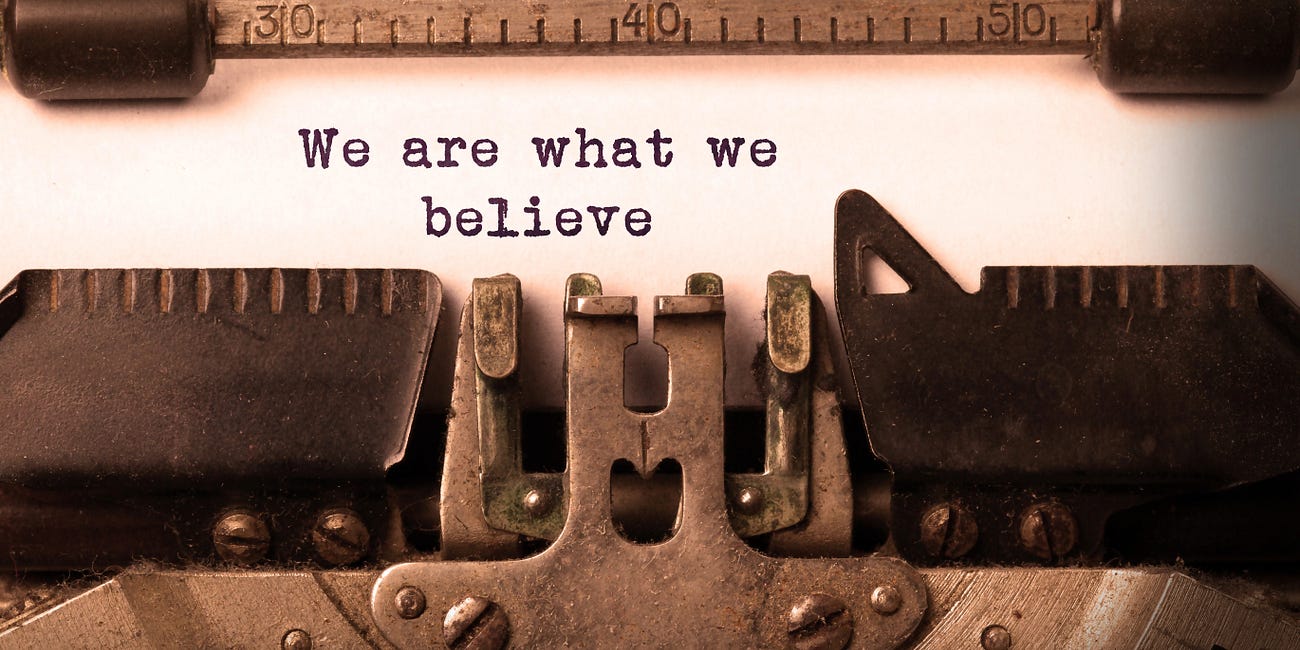Celebrating One Year on Substack: My Favorite Posts!
Some overlooked gems for fiction writers and other humans

Last week marked a milestone for me—my first anniversary on Substack!
Instead of celebrating—I mean, do people even celebrate that sort of thing?—I’ve been writing the Storytelling Mastery for Novelists webinar material. I’ve also been setting up the Comics Storytelling Mastery replay video to make it available as an instant download for those who missed last week's live class (I created a bonus checklist for the class, too). I’ll officially announce those next week.
While I finish those projects, I thought it might be fun to share a curated list of my best posts from the last year. These aren’t necessarily the most viewed or the ones that warranted the most comments. Instead, these are the ones I think are the most valuable for writers trying to make better comics and novels.
I’ve turned off the paywall for a few of these posts so more of my readers have a chance to read them.
Some posts, however, are still behind the paywall. But to celebrate, I’ve created 40% off discount code for those wanting to check out the entire library. This discount is available for the next two weeks.
Or, for those who simply want to support me so I can continue helping more writers improve their craft, there’s also the regular subscription rate.
Okay, let’s check out my favorite posts…
If I could share one post with every writer in the world, it would be this one. Our lives manifest through our beliefs. Change your thoughts, change your life. Unfortunately, I didn’t get the sense my readers cared much for the topic, so after a few similar posts, I let it fade. But this is likely the most important article I’ve ever written.
My first real post on Substack was probably the most fun to write. It encapsulates my entire message behind The Fiction Coach, which is to be the writer you want to be.
I used to get hung up on perfectionism in almost all facets of my life (for those astrologers out there, you’d never guess I was a Virgo, and a broken one at that). This post showcases some ideas that helped me work through it.
Every story I edit, in one way or another, has a conflict problem. There’s not enough, it’s too easy, or it doesn’t increase throughout the story. Here’s a short article on how to review your story to ensure you’ve injected enough conflict into your tale.
So many writers are in a hurry these days. They bang out a draft, quickly revise, and then, boom, they’re ready to publish. That might help you stay relevant for your audience, but it’s not helping your readers who want the best stories you can write. But you know what? Waiting on that revision cycle has its benefits.
I keep reading online that writers need to write 1-2 hours a day. Professionals even more. If we’re not writing 1500+ words every day, we’ll never make it (whatever “make it” means). Well, here’s a routine that works even if you don’t have the time, energy, or desire to live up to those lofty expectations. (I’m currently writing a novel using this exact routine, just to prove it can be done.)
“Character-driven” gets a bad rap, with people assuming it means stuffy literature you study in English courses. Well, that’s not the case. It just means that the story grows organically from the character’s actions. Here are three easy steps to ensure your story does just that. And yes, you can keep your action-filled plot, too.
I’ve heard from several writers that my in-depth look at every step in the Dark Horse publishing process is the most thorough explanation on the Internet. I’m not sure if that’s true, but if you’ve ever wondered what it’s like to work with a publisher, this is the series for you.
Almost every writer I edit wants to find a publisher. Yes, self-publishing is great, but they want someone to help share their story with the world. Unfortunately, many of us struggle to write the all-important pitch package. And if you can’t write that, you’ll never find a publisher. This 2-part series might help.
I often meet aspiring writers who’ve never written a single story, but with dollar signs in their eyes, they come to me for coaching with an idea for an epic, 5-book fantasy series or a 100-issue comic book series. Dreams are great, but starting small and building is the best route for almost everyone. That’s why shorter stories are still valuable, even if they’re not sellable.
I hope you enjoyed this walk down memory lane, and more importantly, I hope you found an insight or two you missed out on over the last year.
Thanks for being a part of my journey. And no matter what happens next for me, I wish you the best of luck with your writing journey.
Don’t forget, you can access every post at a discounted rate until April 17, 2025.












